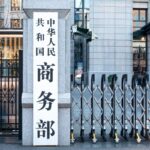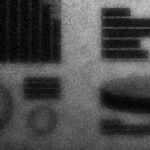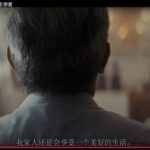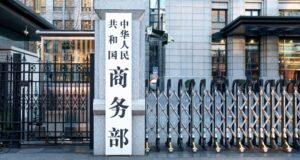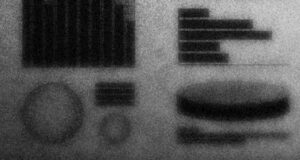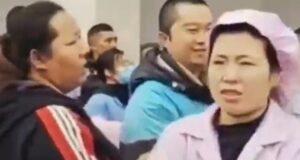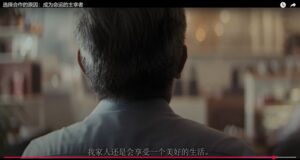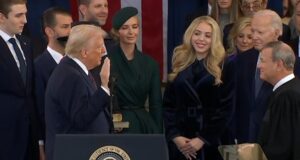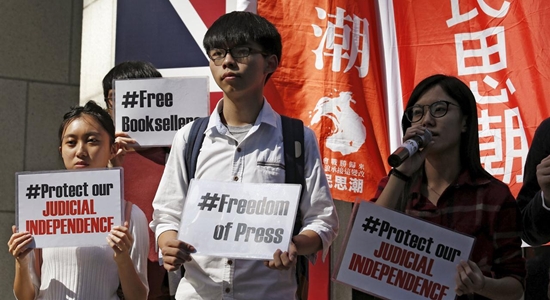
It is very possible. According to Release International, the Chinese government’s longtime persecution of Christians on the mainland is now spreading to Hong Kong in the wake of the state’s crackdown on Hong Kong liberties and democracy of the last several years (“Persecution of Christians in Hong Kong,” Vision Christian Media, January 11, 2025).
China has never revealed how many people died or were punished because of the events of June 4, 1989, which brought a brutal end to pro-democracy protests and set off a steady escalation in the persecution of Christians over the decades that followed.
The threat is now impacting Hong Kong, where a new security law passed by the territory’s government last March could force Catholic priests to reveal secrets from the confessional.
Both the Hong Kong government and the Catholic Church deny that will be the case.
But Release International believes Catholic priests could be jailed for up to 14 years if they refuse to disclose so-called crimes of treason shared during confession.
Bob Fu, who was a Tiananmen Square protestor and now campaigns for religious freedom in China, noted: “For Catholics, the confessional is supposed to guarantee absolute confidentiality between the priest and the confessor.”
“If priests are forced to violate that, China will go down a very dangerous path towards persecution.”…
Protestant pastor Garry Pang Moon-yuen was the first Hong Kong clergyman to be convicted under the draconian National Security Law.
He was jailed in 2022 after being accused of preaching sedition.
The reporter, Tony Davenport, does not cite any incidents of Hong Kong’s Catholic priests being forced to violate the confidentiality of the confessional or being punished for refusing to do so. His point is that this kind of thing is becoming all too likely in Hong Kong, even if it would mean that the CCP goes down “a very dangerous path toward persecution”—a path that it has traveled many times.
In 2020, China imposed a so-called National Security Law on Hong Kong. In 2024, Hong Kong enacted its own “homegrown” National Security Law as part of an insistent pretense that China and Hong Kong still have two different political systems. The provisions of the new NSL are in the same vein as its 2020 predecessor but identify more ways that Hongkongers can arrested for offenses like “sedition,” “treason,” “insurrection,” “collusion”—all amounting to criticizing and opposing the regime—and stipulate even longer prison times.
The erosion of Hongkongers’ liberties has not been instantaneous, but it has been rapid. Probably no group that the CCP routinely targets on the mainland will escape its attention in Hong Kong.
